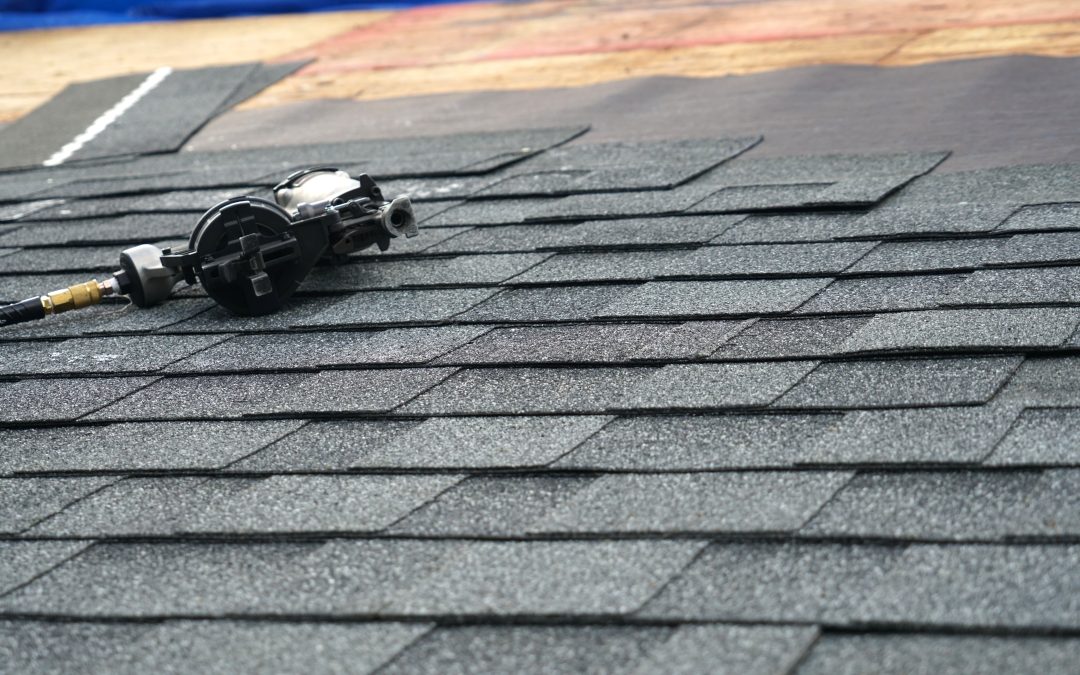When considering the installation of solar panels, one crucial factor to evaluate is the condition of your roof. Installing solar panels is a significant investment, and ensuring that your roof is in optimal condition can help maximize the lifespan and efficiency of your solar system. Here are some key considerations to determine whether you should replace your roof before installing solar panels:
1. Age of the Roof: The age of your roof is one of the most important factors. Most roofs have a lifespan of 20-30 years, depending on the material. If your roof is nearing the end of its lifespan, it is advisable to replace it before installing solar panels. This prevents the need to remove and reinstall the panels when the roof eventually needs replacement, saving time and money in the long run.
2. Roof Condition: Assess the current condition of your roof. Look for signs of damage such as leaks, missing or broken shingles, or structural issues. A roof in poor condition may not support the additional weight of solar panels effectively and could lead to further damage. A professional roof inspection can help identify any underlying issues that need to be addressed before proceeding with solar installation.
3. Roof Material: Different roofing materials have varying levels of durability and compatibility with solar panels. For instance, asphalt shingles and metal roofs are generally more suitable for solar panel installation. If your roof is made of a more fragile material like slate or cedar tiles, you might need to consider replacement or reinforcement to ensure it can handle the installation process without damage.
4. Financial Considerations: Replacing a roof is a significant expense, but so is installing solar panels. If both are needed, it may make financial sense to combine the projects. Many solar companies offer financing options or can integrate the cost of roof replacement into the overall project, potentially saving on costs through bundled services.
5. Warranty and Insurance: Installing solar panels on a new roof can enhance the warranty protection for both the roof and the solar panels. Some warranties may be voided if solar panels are installed on an old or damaged roof. Additionally, a new roof installation can provide peace of mind regarding the structural integrity and longevity of both the roof and the solar panels.
6. Future-proofing: A new roof can future-proof your solar investment. Since solar panels can last 25-30 years or more, pairing them with a new roof ensures that you won’t have to deal with roofing issues for a significant portion of the solar panels’ lifespan.
Conclusion: In summary, while it is possible to install solar panels on an existing roof, evaluating the roof’s age, condition, material, and financial implications is crucial. If your roof is old or in poor condition, replacing it before installing solar panels can save you from potential headaches and additional costs down the road. Always consult with both a professional roofer and a solar installer to make an informed decision tailored to your specific situation.

